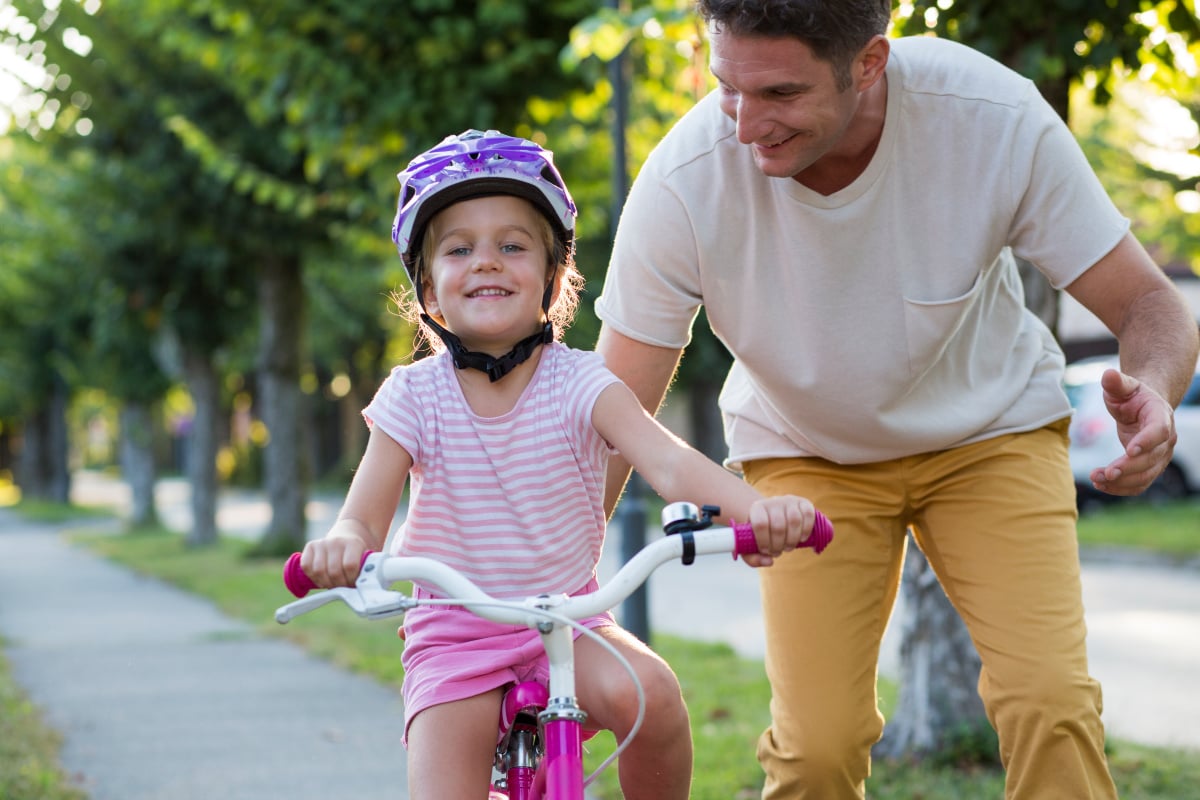
Whilst dads today play a more active role in their children’s lives than they did 50 years ago, as corroborated by many studies, new research has found there is indeed one area where mums still bear more responsibility than their husbands.
It’s called the mental load, and it’s impacting womens’ wellbeing.
The University of California Riverside recently analysed how the overall happiness of parents differs according to their gender and their associated behaviours. Examining a total of 18,000 participants over three studies, the results found that “parenthood was associated with more positive well-being outcomes for fathers than for mothers.”
Focused on heterosexual marriages, the researchers explain that mothers spend more time than their husbands completing the day-to-day mundane tasks of parenthood, like managing childcare and housework. According to the study, mothers today “still spend twice as much time caring for children than do fathers”.
As a result, the study states, the dads have more time for play with their children. And the impact this unequal distribution of parenting tasks is having on women is clear.
The study went on to explain that as a result of the women carrying the mental load, “fatherhood was associated with greater happiness and daily uplifts”, whereas, “motherhood was associated with greater hassles and lower levels of positive emotions.”
You and your partner might split the chores equally, so why does it feel like it’s the women carrying the mental load? We discuss the difference between the mental and physical loads and Holly Wainwright has a plan to beat it. Post continues after audio….
To reduce the “gender well-being gap”, the research suggested the implementation of policies which encourage an equal distribution of parenting tasks. For example, they state, when father’s take parental leave after the birth of their newborn, they are more likely to be involved in childcare later on. And hence, “offering extended parental leave to both parents could improve mothers’ well-being.”I
The researchers say they hope the study can be used by “individuals planning to have children to better understand and anticipate differences in the experiences of mothers and fathers”.

Top Comments
Double-edge to this sword is that many men may opt to not agree to have children if they are societally obliged to contribute to a 50-50 split of the work of raising them. Ever wondered why so many men don't stress over the idea of having children? I wouldn't either, if my career and private leisure time didn't take a huge hit as a result.